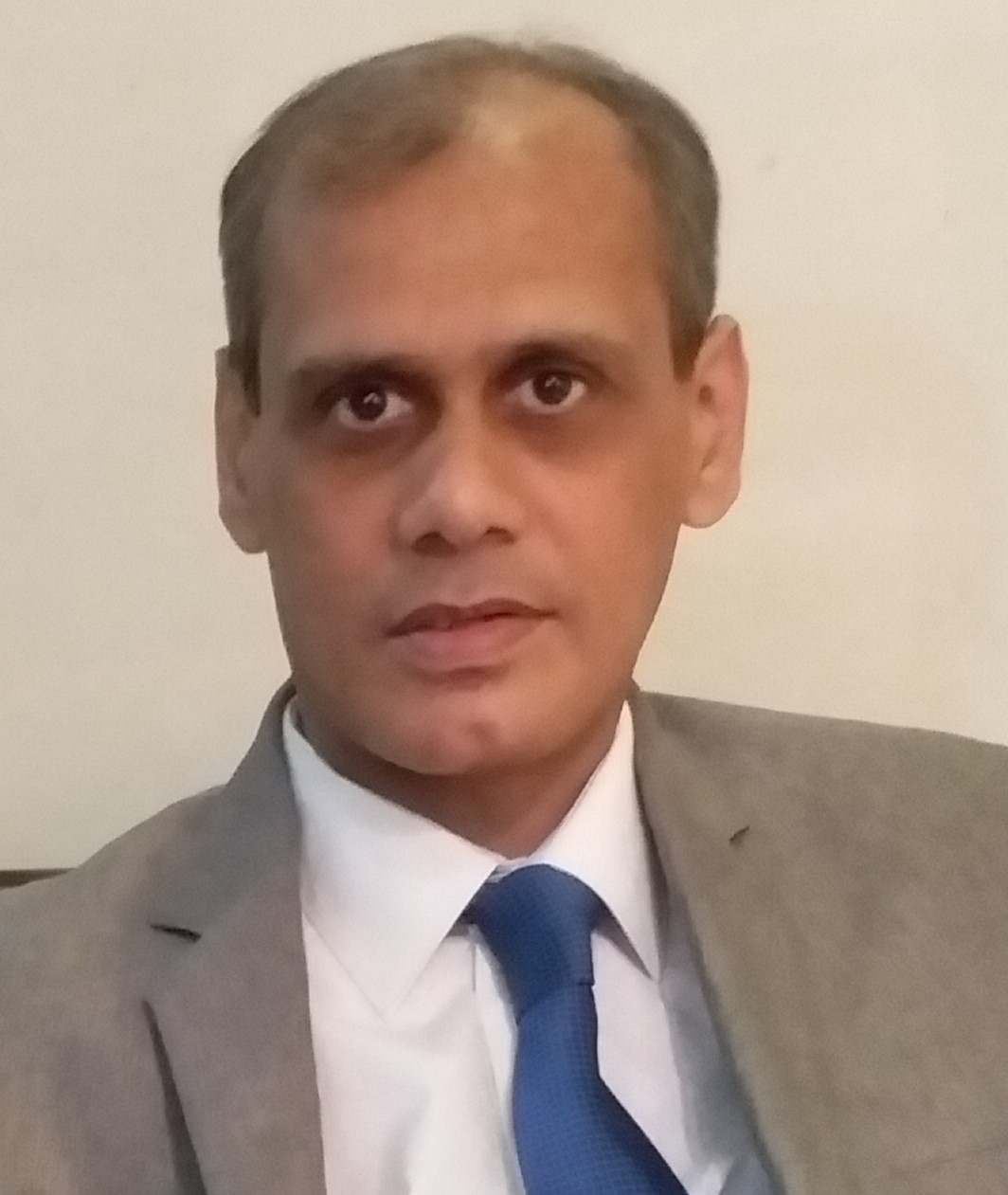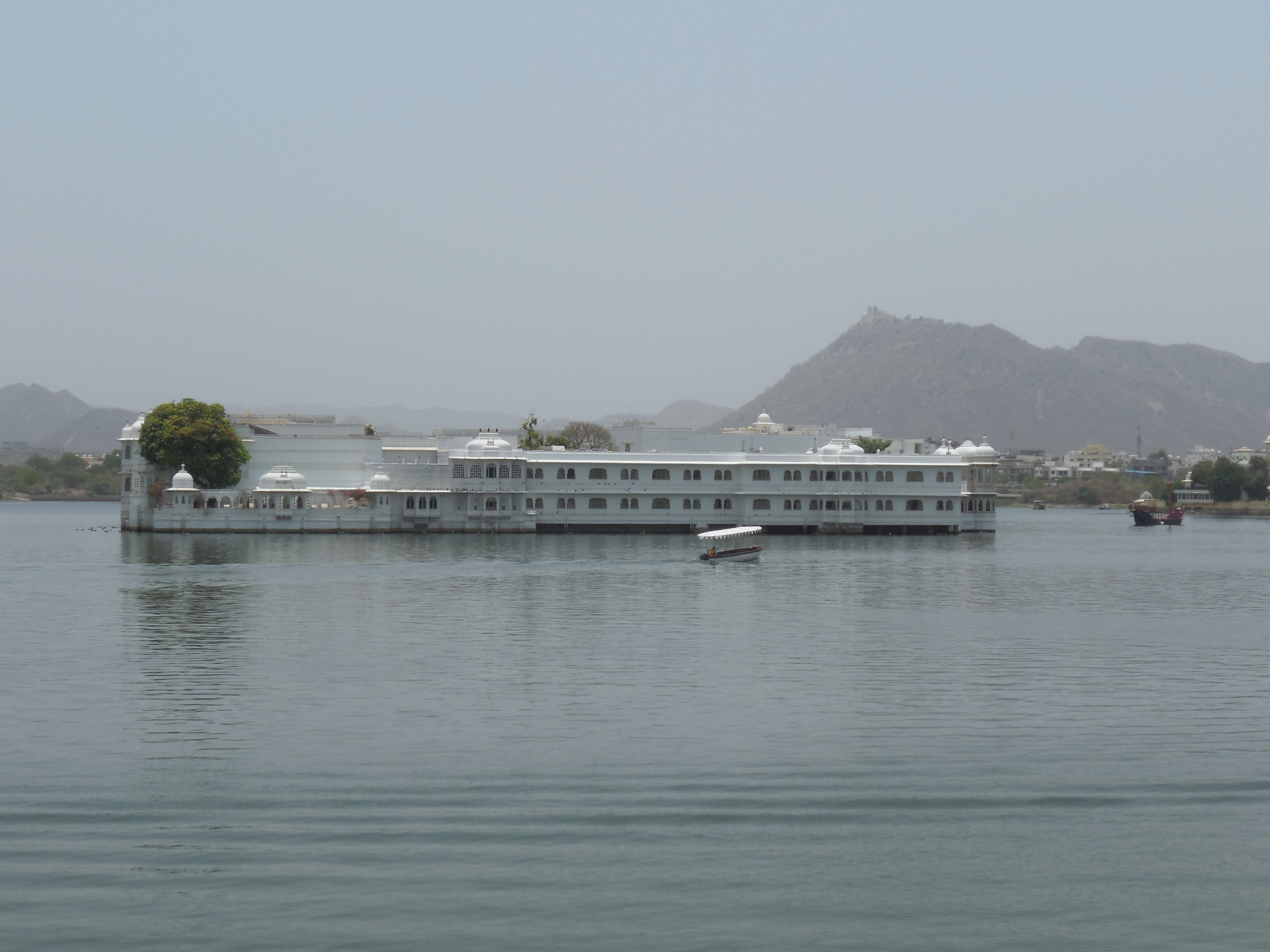The United Nations should consider the difficulties that developing countries are faced with when told to announce ambitious climate pledges while being deprived of the money that would allow them to effectively balance their developmental agenda with climate goals
With less than 100 days to go for the COP26 meeting in Glasgow starting on November 1, the United Nations must step in more visibly and proactively to ensure that developing countries start receiving the funds that were committed to them by the developed nations on the climate front.
The UN should consider the difficulties that developing countries are faced with when told to announce ambitious climate pledges while being deprived of the money that would allow them to effectively balance their developmental agenda with climate goals. Developing countries, after all, are far less responsible for creating the present climate crisis than their developed counterparts.
It is high time that the UN started posing the tough questions to the advanced nations – and more so to those that have now seemingly taken on the mantle of showcasing themselves as great defenders of the planet by talking up their climate pledges – about the reasons for their reticence while meeting funding commitments. Not doing so could result in the climate change issue failing to receive enough favour among average citizens of developing countries whose buy-in is critical for the climate change movement gaining momentum.
As a global body, the UN has a responsibility for balancing the interests of all its member states – big or small, economically strong or weak, politically powerful or not so. On the critical issue of climate change, the UN can only be seen to be discharging this responsibility if it does not allow the climate issue to be used as a tool to curtail the growth and aspirations of developing countries. The UN should make it abundantly clear through its interventions that it has the back of the developing countries.
According to the latest Economic Survey, India’s own climate change-related actions till 2030 would require funds to the tune of $2.5 trillion (at 2014-15 prices). To put this figure in its proper context, the money required by the world’s 2nd-most populous nation for climate change-related initiatives in the current decade is nearly the current size of its present economy.
Despite this, the Union Ministry of Environment, Forests and Climate Change had, in the last financial year, said that India is the only G20 nation to meet its commitments on climate change mitigation and, also, expressed confidence that the country would “exceed” the targets set under the Paris Agreement. The implementation of India’s Nationally Determined Contributions (NDCs) effectively commenced on January 1, 2021.
For the world to effectively address climate change, there can be no debate on the issue that all countries would need to play their part. However, there can also be no getting away from the fact that some countries would have to contribute more to these efforts because of their past actions and greater role in bringing things to such a pass on the climate issue. On March 31, 2021, COP26 President Mr Alok Sharma, for instance, had himself tweeted the following: “The people who have done the least to cause climate change are suffering the most – this is a searing injustice”.
The COP26 meeting affords a fantastic platform to the United Nations to prove it can help create a better world for all of us to live in. Whether the UN can leverage this opportunity to strengthen its credentials as a powerful force for good would be worth noting. The outcome of the deliberations at COP26 could hold the key to how many developing nations, going forward, perceive the UN’s role on the important climate change issue.


